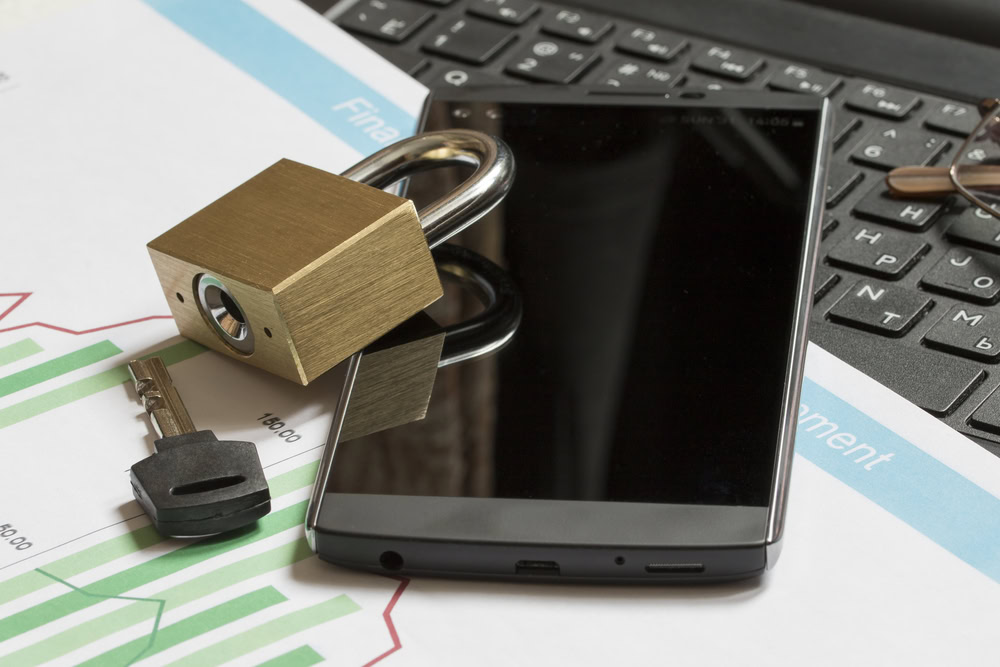Affiliate links on Android Authority may earn us a commission. Learn more.
Japanese mobile network installs tech on Android devices to track users without consent

With privacy concerns on the rise worldwide, one mobile network is catching flack for installing functionality on Android devices that allows them to remotely enable GPS tracking. The predominant mobile phone operator in Japan NTT Docomo has revealed that they are able to toggle this tracking ability without the user being aware that they are being tracked. This service is ostensibly for use by emergency services and police interests, but many have voiced concerns that this is an unnecessary breach of privacy.
Docomo is rolling out several devices that have this capability built in over the next few months including the Samsung Galaxy S7 Edge and the Sony X Performance. Later on this year, the company will be sending out a software update to deliver remote tracking capabilities to devices already in the hands of users. The Japan Times reports that “Long-running guidelines by the Ministry of Internal Affairs and Communications [previously] required carriers to obtain the permission of users before providing such data to government entities,” but a ruling in June of last year did away with this requirement. Now it is completely legal in Japan for carriers like Docomo to relay discreet tracking information to authorities without the user’s consent.

Whether or not it’s legal, the debate is over whether it is right. “This is an extreme invasion of privacy,” said lawyer Tsutomu Shimizu. “It’s nothing like acknowledging merely which country you’re in. Positional information is highly private because it reveals people’s movements… It is a common practice and belief internationally that personal information should not be distributed to external organizations.”
It should be noted that authorities will still need to obtain a court warrant before gaining access to users’ GPS data. Nevertheless, advocates for privacy are pressing for better guidelines that safeguard privacy, and lawyers like Tsutomu Shimizu believe that it should be illegal for carriers to distribute user location information to any entity without the user’s consent.
What are your thoughts regarding Docomo’s ability to track users without their consent? A necessary evil to allow police and emergency services to do their work more efficiently, or a heinous breach of personal privacy? Let us know your opinion in the comments below!